Please see the updated version of this page
The development of NRICH primary resources is informed by the following beliefs:
Natural Curiosity
- All of us are naturally curious about mathematics.
- It is intrinsically satisfying to gain mathematical understanding.
- There are many ways of working mathematically.
Thinking Mathematically - Mathematics is a worthwhile and interesting activity in its own right.
- You can find out whether something is true in mathematics by deductive reasoning rather t
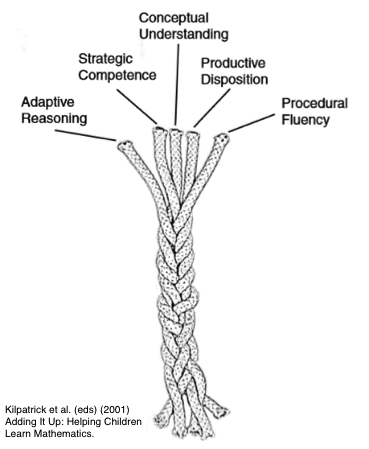
- Mathematics has order and structure and can be beautiful.
Working Collaboratively
- Exchanging questions and ideas is an important part of working mathematically.
- We also learn by reflecting on our mistakes and misconceptions.
Growth Mindset and Determination - Mathematical ability is not fixed: everyone can make progress in mathematics.
- Everyone should have the opportunity to grapple with problems that they do not yet know how to solve.
- Everyone should have the opportunity to succeed mathematically.
This leads us to believe that all learners are entitled to:
- a rich mathematical learning experience
- assessment criteria that offer them opportunities to succeed
- a challenging mathematical curriculum which offers them opportunities to struggle
NRICH aims to offer free resources for teachers who are committed to nurturing confident, resourceful and enthusiastic learners of mathematics. To find out more, see What We Do and Why We Do It and our Primary Curriculum page.
The work of the NRICH Primary Team has been influenced by the following books, articles and projects:
Books
Image
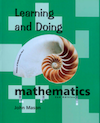
Learning and Doing Mathematics by John Mason - this book is for anyone wishing to develop their own problem-solving skills
Image
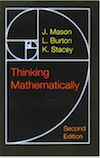
Thinking Mathematically by John Mason, Leone Burton and Kaye Stacey - the authors of this book demonstrate how to encourage, develop and foster the processes that lie at the heart of mathematics
Image
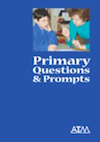
Primary Questions and Prompts for Mathematical Thinking by Margaret Jeffcoat, Margaret Jones, Jill Mansergh, John Mason, Heather Sewell and Anne Watson - this book offers 'types' of questions and prompts to stimulate higher-order mathematical thinking
Image
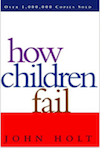
How Children Fail by John Holt - in this book, John Holt offers insights into the nature of learning
Image
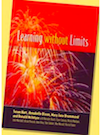
Learning Without Limits by Susan Hart, Annabelle Dixon, Mary Jane Drummond and Donald McIntyre - a book that explores ways of teaching that are free from determinist beliefs about ability
Articles
Carol Dweck's work on 'growth mindset', summarised in 'Boosting Achievement with Messages that Motivate' (2007) Education Canada 47 (2) 6-10
Cuoco, A., Goldenberg, E. P. and Mark, J. (1996) 'Habits of Mind: An Organising Principle for Mathematics Curricula.' Journal of Mathematical Behavior 15 375-402 - this paper calls for mathematics curricula to have ways of thinking about mathematics at their core, rather than specific mathematical results
Kenneth Ruthven's paper An Exploratory Approach to Advanced Mathematics (1989) Educational Studies in Mathematics 20 449-467 outlines a three-part approach to the teaching and learning of mathematics (exploration, codification, consolidation), which is equally applicable to the primary phase
Askew, M., Brown, M., Rhodes, V., Wiliam, D., & Johnson, D. (1997).
Effective Teachers of Numeracy: Report of a study carried out for the Teacher Training Agency. London: King's College, University of London, available on Mike Askew's website
Projects
Jo Boaler's Youcubed website publishes research-based teaching methods, mathematical tasks, videos and ideas for teachers that will enable all students to learn mathematics
The Improving Attainment in Mathematics Project, run by Anne Watson, Els De Geest and Stephanie Prestage, followed a group of teachers (working with secondary students) who believed that all students can think hard about mathematics and thus do better at mathematics (read this booklet to find out more)
The Improving Attainment in Mathematics Project, run by Anne Watson, Els De Geest and Stephanie Prestage, followed a group of teachers (working with secondary students) who believed that all students can think hard about mathematics and thus do better at mathematics (read this booklet to find out more)
James Nottingham's work on the 'learning pit' in which you create cognitive conflict or cognitive 'wobble' for learners to grapple with, which encourages deeper thinking and a sense of achievement when a solution is reached
